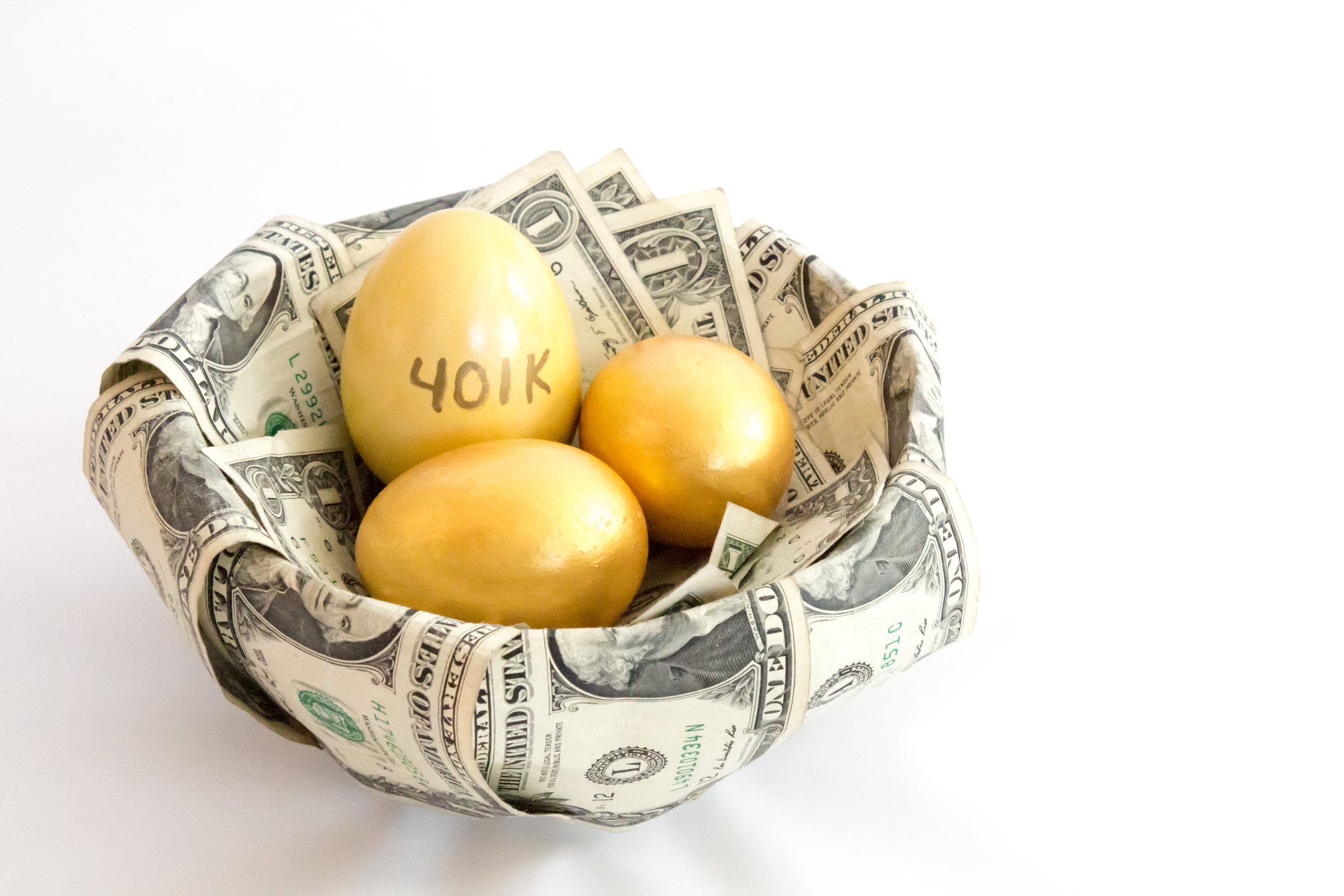A 401(k) plan can be your most useful way to save for retirement. Yet over time, Americans have had a love-hate relationship with these employer-sponsored retirement plans, flocking to them during good times in the stock market but sharply criticizing them when the market goes through its inevitable downturns. Love them or hate them, 401(k) plans have become the most popular retirement plan employers offer. And if you want to retire rich, it pays to figure out the best way to manage your 401(k).
To help you boost your retirement prospects, it's important to use your plan as effectively as possible. Here's more about what 401(k)s are, and some of their pros and cons.

Image source: Getty Images.
The basics of 401(k) plans
401(k) plans are pooled retirement accounts that your employer sets up for its workers. These accounts let you divert some of your pay toward retirement savings in a tax-favored way. Some employers also add money of their own to your account through matching contributions or profit-sharing. Like IRAs, 401(k) investments are tax-deferred, with participants only paying taxes when they withdraw money from their 401(k) accounts.
Most 401(k)s come with a limited number of investment options, often composed of mutual funds and ETFs. To participate, you have to use one of the plan's permitted investments, but most plans try to offer a diversified investment selection to let you put together a portfolio that matches your risk profile.
Why 401(k)s aren't always good
Policymakers have mixed views on 401(k)s. On one hand, 401(k)s make it easier for workers to save relatively large amounts of money toward retirement, with the convenience of an employer-offered option encouraging more saving. Employer matches can also drive participation.
Yet many see 401(k)s as inferior to old-style pension plans. The big challenge with 401(k)s is that workers bear the risk that they'll choose investments that won't grow enough to meet their retirement needs, whereas with traditional pensions, that risk stayed with the employer. During times of market stress, some experts have recommended getting rid of 401(k) plans entirely in favor of a more pension-like system of retirement income.
There's no inherent reason that 401(k)s have to be an inferior form of retirement saving. As time goes by, more employers are realizing that they need to pay closer attention to the investment options they offer, allowing workers to invest in low-cost choices rather than simply picking whatever fund or insurance product is suggested by the company acting as their retirement plan administrator. Every time an employer improves its 401(k) investment menu, it does its workers a huge service, making it easier to find options that will work toward generating long-term wealth.
Get smart with your 401(k)
No matter whether your employer gives you a great 401(k) plan or a lousy one, it's still up to you to manage your own account to make the most of whatever opportunities you have. In particular, there are several things you need to know to manage your 401(k) effectively.
- First, knowing the basics of 401(k)s will get you off to a good start. Becoming familiar with eligibility requirements, sign-up procedures, and contribution limits will make sure you don't run afoul of any rules right off the bat. And you'll want to be sure to understand what money your employer will add to your account.
- Second, figuring out how to assess 401(k) investments will help you pick the best options for your financial situation. Even if your 401(k) doesn't have an ideal mix of good choices, you can still usually find reasonable investments that can get the job done.
- Third, knowing what you can do with a 401(k) at various points in your career will help you stay on top of your long-term retirement strategy. For instance, 401(k) loans can have a dramatic impact on your eventual savings, and the decision about what to do with a 401(k) at a former employer is often tough for people to make.
- Finally, understanding how to start using your 401(k) assets after you retire is just as important as building up your retirement account in the first place. Rules about how you can use money as well as what happens to inherited 401(k)s you leave behind for your heirs can help your entire family manage your 401(k) well.
By getting a firm grip on all these aspects of 401(k) plans, you'll have a much better grasp on what it takes to retire with the financial security you need. That'll help you take better advantage of your 401(k) as you save for retirement.